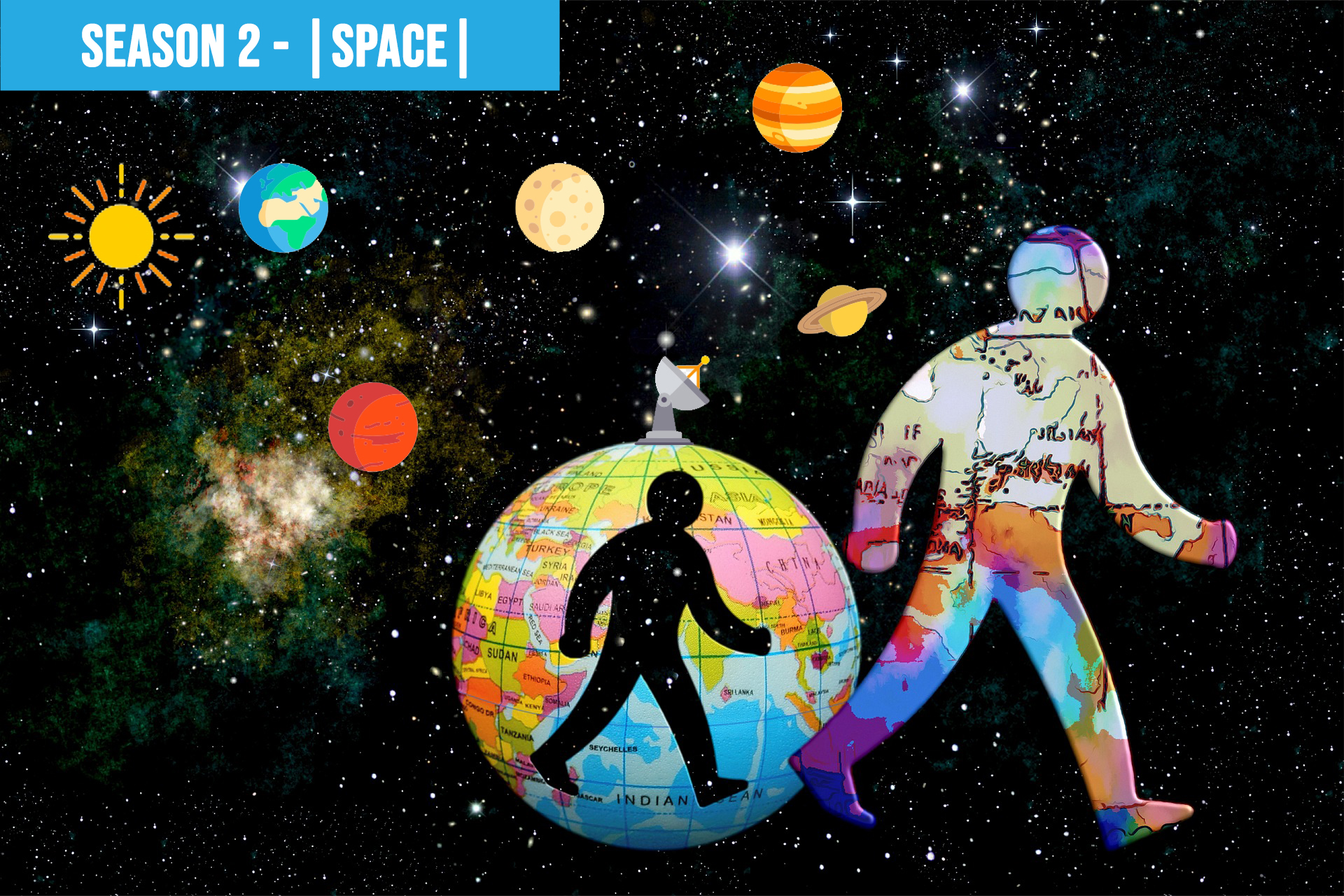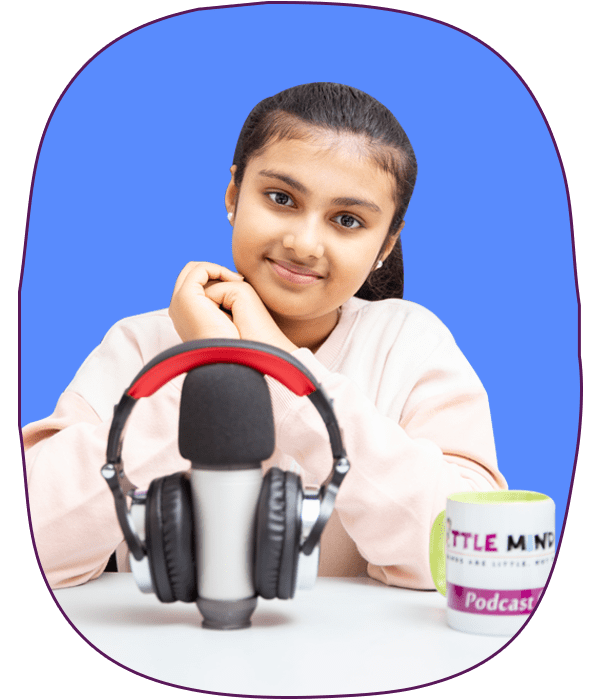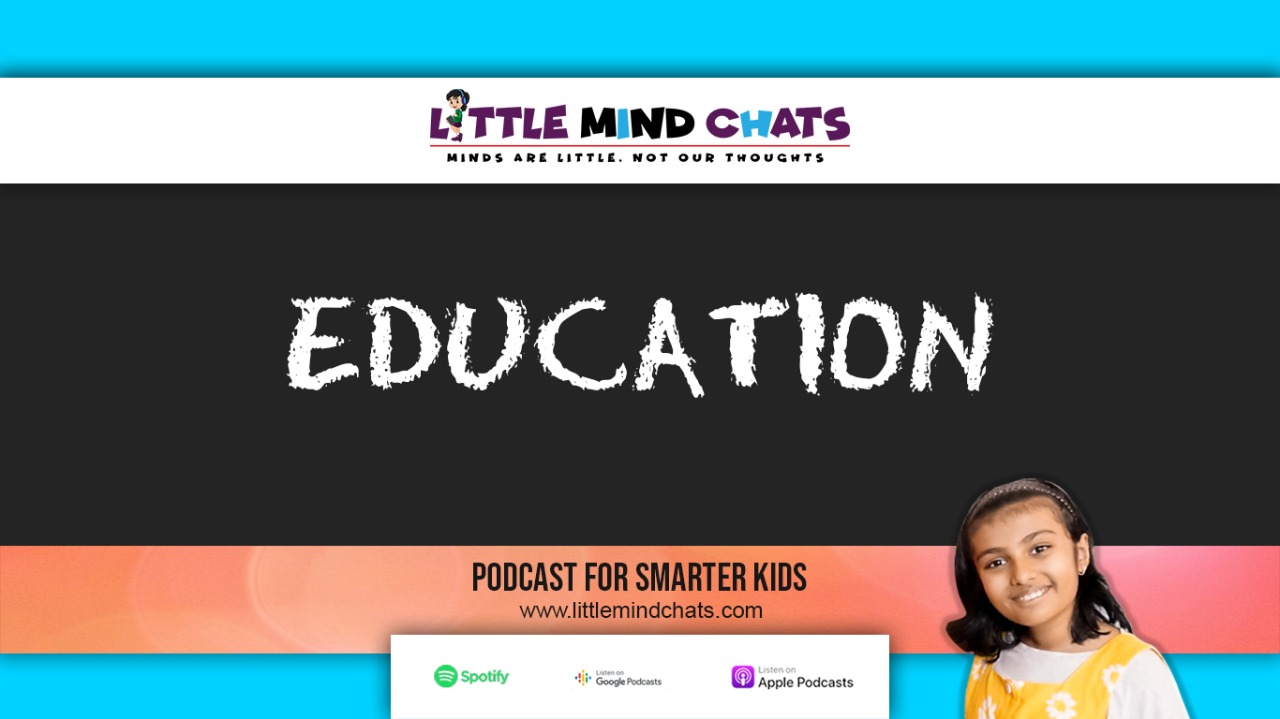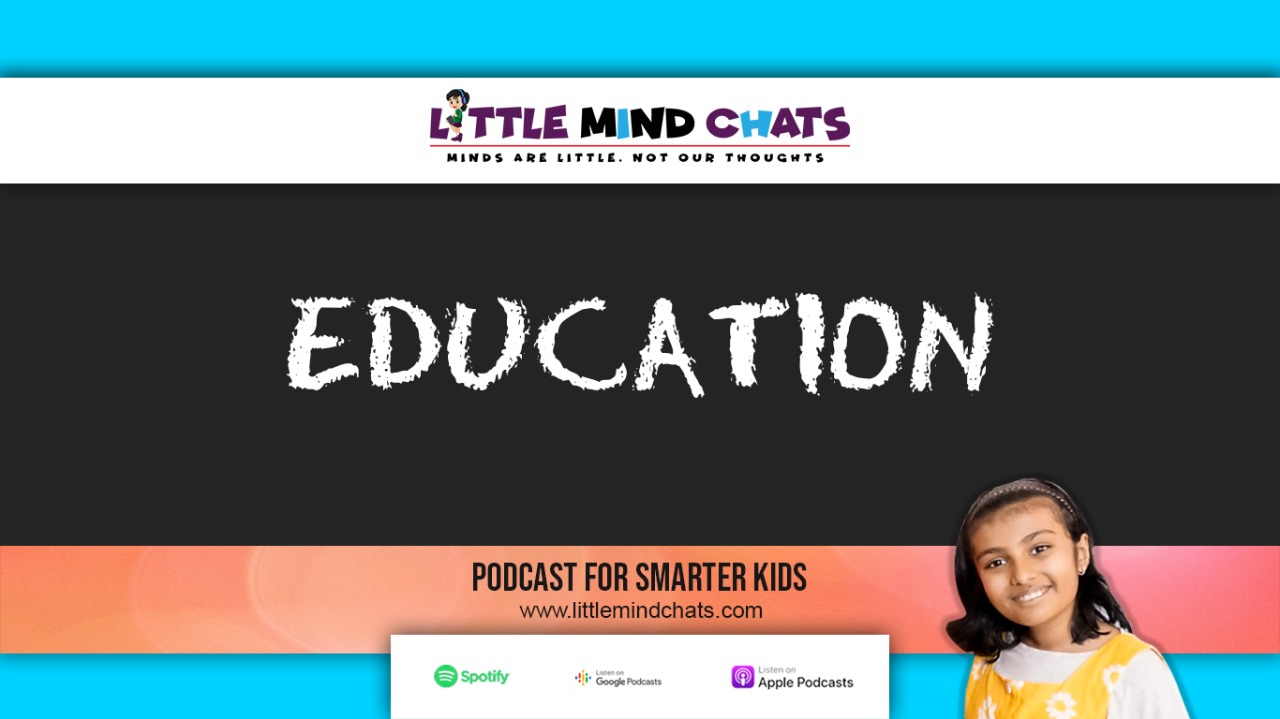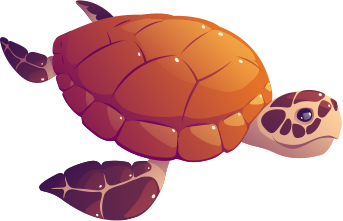Transcripts
EPISODE-033 CONCLUDING SEASON2/WELCOMING SEASON3
[0.01] {Background Music}
[0.08] Siyona: Hello all, welcome to my podcast Little Mind Chats. Minds are little, not our thoughts. I’m your host Siyona.
[0.15] It’s a real exciting day today as I have made this episode to specifically summarize all the lovely things, we’ve learnt in season2- Space and say hello to the coming up season-3.
[0.27] I would like to say thank you to all the three scientists who took their time to their great experiences with us. They took up the challenge of explaining all the complexity of space to small children like us.
[0.41] We’ve started with Dr. Guruprasad an Ex-ISRO scientist explaining a huge lot of interesting facts about our Solar System in episode 16 and 17. He spoke to us about how the first four planets Mercury, Venus, Earth and Mars are in ‘Goldi Locks’ zone and has the possibility of having water in its liquid state. But the Gigantic King of planets, Jupiter Could fit 1300 earths into it, has actually helped the formation of our earth by taking a hit good lot of Comets. I love Jupiter.
[1.18] Can we really land on any of the other 4 planets Jupiter, Uranus, Saturn or Neptune? I wondered they were just Gas, so someone could jump and come out of the other end. But this is what Dr Guruprasad clarified.
[1.34] {Voice clip is played from previous episode}
[2.33] Also, I wondered if Earth could be the same if our lovely moon wasn’t around. The answer was a NO. Because of its distance from earth, which is 3,84,000 kms, it played a great role in attracting a load of comets and asteroids and avoided them hitting our earth. Not just that, Our Moon helps stabilize the axis of our earth which in turn is the reason for all the seasons we enjoy.
[3.02] We discussed how Venus was very hot and weird as its temperature is nearly 460 degrees, Rains Sulphuric acid, has 90% carbon dioxide. I did conclude then and again now that I’m surely never considering visiting Venus.
[3.19] The planet of great interest to humanity at the moment, Mars has water vapour and Snow. But very less liquid water. Numerous spacecrafts from countries across the world are sent out to mars to explore how suitable it is for our future colonization.
[3.37] Dr Guruprasad explained why we cannot grow plants on Mars. We concluded by understanding why Pluto is not a planet too. Please do listen to episode 17 to know why. Thank you Dr. Guruprasad.
[3.52] We then had a chance to listen to Dr Madhusudan, Assistant director of Nehru planetarium, Bengaluru. He spoke to us about our Universe and Black holes in episodes 20 and 21.
[4.04] Revealing some amazing facts. I mean, I never knew that Nebula was formed when the star blows away its outer covering during its end time. And it was very interesting to note that nebula is a result of death of some stars and nebula is also the cause of the birth of some stars.
[4.23] He beautifully explains why distance in space are measured in light years and not traditionally in Kilometres. It really surprised me that the sun’s rays would take 1 and half years to reach the edge of our Solar system.
[4.40] Here’s what Dr Madhusudan said about moon travel and what its sky would be like if we stood on the moon.
[4.47] {Voice clip is played from previous episode}
[5.52] There was one other interesting fact about nature Dr Madhusudan revealed while discussing about the different colours in our universe. It’s about how bees. Yeah, the honey making buzzing bees. They see a flower in a totally different colour to what we see. Google it to see like a bee.
[6.09] We also listened to how Blackholes are a one-way-street and nothing can escape being gobbled into it if it goes close enough. Yes, not even the light!
[6.20] If you were wondering what the difference between Stellar blackhole and Super massive black holes is, you should listen to episode 21 for sure. Thank you, Dr. Madhusudan.
[6.33] In episode 25, if you remember, we spoke a lot of stuff about Stars and constellations. Guess what? Dr B S Shailaja, Ex- Director of Jawaharlal Nehru Planetarium made it so much easier for us to understand what stars are and why they appear to be twinkling.
[6.52] I was amazed at her simple explanation on why constellations are identified in our skies. I wasn’t aware they served as direction to our ancestors. Also, Dr Shailaja clearly explained how North star has always served as a direction guide. Listen to her here.
[7.12] {Voice clip is played from previous episode}
[7.44] She also guides us at the right time and direction to be able to see Venus. Guess what? I did see it in the morning!
[7.53] Until I spoke to her, I only knew about a star. But she explained how there are different types of stars. How wonderous.
[8.02] Thank you so very much Dr. B.S. Shailaja, for sharing such wondrous things with us and even encouraging us to look up the sky as a habit.
[8.12] We finally picked a topic with Dr Guruprasad again. And this time it was satellites in episodes 30 and 31.
[8.20] I just loved the way he explained all we need to know of satellites. How many there are, what do they do, why are they important, what space debris is, How each country is doing and all the different types of satellites we have zooming around our earth. These two episodes 30 and 31 are a must listen.
[8.41] He very eloquently explains how our lives these days depend on gadgets and these gadgets irrespective of what you are doing, deeply depend on our satellites. Yes, including my podcast you’re listening to right now.
[8.57] Thank you so very much Dr Guruprasad.
[9.01] So, how do we pursue something in Space? Like being an Astronaut or an Astrophysicist? I even like to conclude that for us to do anything in space in the future, it is very important for us to do well at mathematics and science in our school and later in college. But to channelize us more into space subjects, Dr. Madhusudan mentioned about the weekly classes conducted at Planetarium to nurture young scientists. Wow, Thank you so very much!
[9.34] Are you wondering what the next season is likely to be? Here it is!! Its…… EDUCATION!!!
[9.43] After compiling all the questions I had in my little mind about Education, we got in touch with some very interesting teachers and education professionals who work day in and out to make sure we children are well educated.
[9.56] Don’t miss all the great advices they have for us and of course for our parents. I hope you won’t miss out any of the episodes in season 3.
[10.07] I really appreciate you listening to me. Please do share my podcast with all your known contacts. Follow me on Instagram, Twitter, LinkedIn and of course visit my website anytime!!
[10.20] And if you haven’t sent in your entries for this month’s competition, Nature photography. Hurry! Tomorrow, 29th October is the last day. Results will be announced on 1st November, Sunday.
[10.35] Meet you with the first episode on Education on Sunday, 1st November. Thanks a ton for listening. Bye.
[10.41] {Closing Music}

